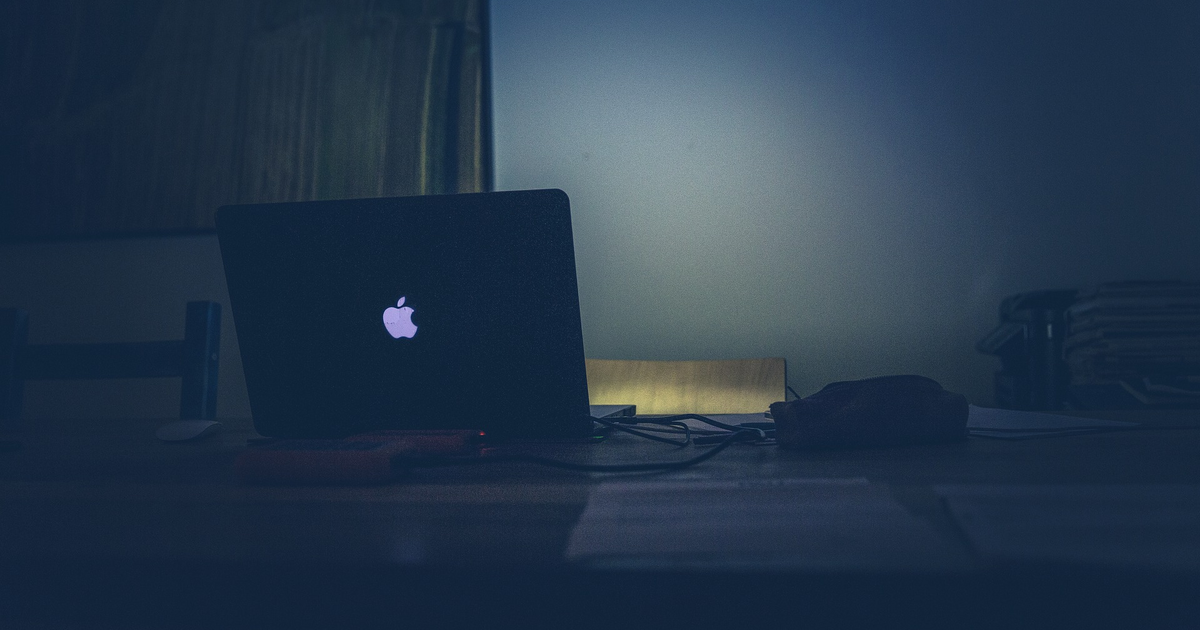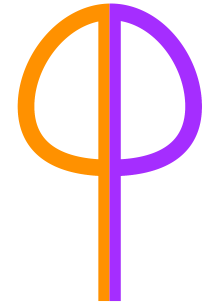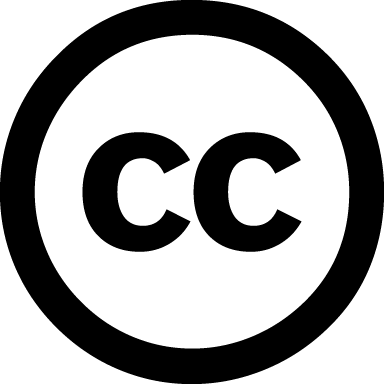Dendrobatus Azureus<p>In 2005, Google paid $50 million to a software engineer called Andy Rubin, together with his team for a dying phone company giving away their FREE software.</p><p>Critics called it the "dumbest acquisition ever."<br>Today, that "dumb decision" is worth over $500 BILLION and is the reason why you are holding a less expensive but quality phone that is not an iPhone </p><p>Here's how Google saw the future before anyone else: and built the world's most used mobile device - Android phones </p><p>It all started with a tiny company called Android Inc.</p><p>Founded by 4 top tech entrepreneurs and business executives, Led by Andy Rubin. </p><p>Their goal?<br>To create smarter mobile devices <br>that are more aware of their owner's location and preferences, and an operating system that is completely free & open-source.</p><p>Any manufacturer could use, modify, or make it their own. But at this time, this seemed insane.</p><p>Because the company was struggling financially:</p><p>No products.<br>No revenue.<br>Just 4 guys and a dream.<br>To make it worse, the mobile phone industry was locked down tight by software giants:</p><p>• Nokia controlled its software<br>• Microsoft charged for Windows Mobile<br>• BlackBerry kept everything in-house</p><p>The idea of giving away a free Mobile phone Operating system (OS) was Laughable.</p><p>But Google, just as they saw the future of YouTube, saw something much bigger - Mobile phones would become the primary way people access the internet. With that google search engine will be irresistible </p><p>They weren't buying software.<br>They were buying the future of computing.</p><p>To protect their search engine business, they pushed to buy </p><p>This was the real threat:<br>If Microsoft or Nokia dominated mobile, they could:<br>• Block Google Search<br>• Push their own services<br>• Control the future of digital advertising</p><p>Google couldn't let that happen. </p><p>So they made their boldest move yet. Buy out the entire company, not just the product. </p><p>But they didn't just buy Android. They kept it open-source.<br>Why? <br>This was genius because they wanted:<br>• To give Phone makers free software,<br>• help Android developers get a free platform<br>• Help Users have more choices.</p><p>Result? Companies like Samsung, Huawei, HTC can distribute their Android devices freely</p><p>Everyone won...</p><p>Except Google's competitors. 😁<br>Blackberry<br>Nokia <br>Microsoft <br> Because within 10 years of Android's free open-source purchase, their company was gone. </p><p>wondering why you have not seen them again today.<br>Cos' everyone prefers an open-source free phone where you don't have to pay for anything after the initial purchase. </p><p>That's the masterstroke <br>In 2008, the first Android phone was launched;</p><p>The HTC Dream (T-Mobile G1)</p><p>It wasn't pretty.<br>It wasn't smooth.</p><p>But it was the beginning of a revolution...<br>Because Google did something unprecedented:<br>They gave manufacturers complete freedom:</p><p>• Change the interface<br>• Add new features<br>• Customize everything<br>This sparked an explosion of innovation...</p><p>Companies like Samsung, HTC, LG, and others could now compete with Apple without building an OS from scratch.</p><p>The result?</p><p>Android powers 71% of all smartphones worldwide.</p><p>That's billions of devices running Google's software.<br>But here's what makes this truly genius:</p><p>In everything Google builds, it always finds a way to monetize.</p><p>How does Google make money from its $50 million investment? </p><p>The truth is, Google doesn't make money from Android directly.<br>Instead, they make money from:<br>• Play Store fees<br>• Google Search<br>• Digital advertising<br>• User data<br>The platform is free, but the ecosystem is priceless.</p><p>This $50M bet didn't just transform mobile.<br>It transformed how we:<br>• Connect<br>• Shop<br>• Work<br>• Live</p><p>The lesson?<br>Sometimes the biggest opportunities look like the riskiest bets.<br>Google's Android gamble teaches us:<br>The best investments aren't about what something is today.<br>They're about what something could become tomorrow.<br>And sometimes, giving away value is the best way to capture it.</p><p>Source FB </p><p><a href="https://mastodon.bsd.cafe/tags/TechStories" class="mention hashtag" rel="nofollow noopener noreferrer" target="_blank">#<span>TechStories</span></a> <a href="https://mastodon.bsd.cafe/tags/Android" class="mention hashtag" rel="nofollow noopener noreferrer" target="_blank">#<span>Android</span></a> <a href="https://mastodon.bsd.cafe/tags/OpenSource" class="mention hashtag" rel="nofollow noopener noreferrer" target="_blank">#<span>OpenSource</span></a> <a href="https://mastodon.bsd.cafe/tags/Alphabet" class="mention hashtag" rel="nofollow noopener noreferrer" target="_blank">#<span>Alphabet</span></a> <a href="https://mastodon.bsd.cafe/tags/Google" class="mention hashtag" rel="nofollow noopener noreferrer" target="_blank">#<span>Google</span></a> <a href="https://mastodon.bsd.cafe/tags/Nokia" class="mention hashtag" rel="nofollow noopener noreferrer" target="_blank">#<span>Nokia</span></a> <a href="https://mastodon.bsd.cafe/tags/GSM" class="mention hashtag" rel="nofollow noopener noreferrer" target="_blank">#<span>GSM</span></a> <a href="https://mastodon.bsd.cafe/tags/Linux" class="mention hashtag" rel="nofollow noopener noreferrer" target="_blank">#<span>Linux</span></a> <a href="https://mastodon.bsd.cafe/tags/POSIX" class="mention hashtag" rel="nofollow noopener noreferrer" target="_blank">#<span>POSIX</span></a> <a href="https://mastodon.bsd.cafe/tags/BlackBerry" class="mention hashtag" rel="nofollow noopener noreferrer" target="_blank">#<span>BlackBerry</span></a> <a href="https://mastodon.bsd.cafe/tags/HTC" class="mention hashtag" rel="nofollow noopener noreferrer" target="_blank">#<span>HTC</span></a> <a href="https://mastodon.bsd.cafe/tags/LG" class="mention hashtag" rel="nofollow noopener noreferrer" target="_blank">#<span>LG</span></a></p>







